BBC funding row: the alternatives to a licence fee
Government signals end to ‘outdated’ model in broadcasting white paper
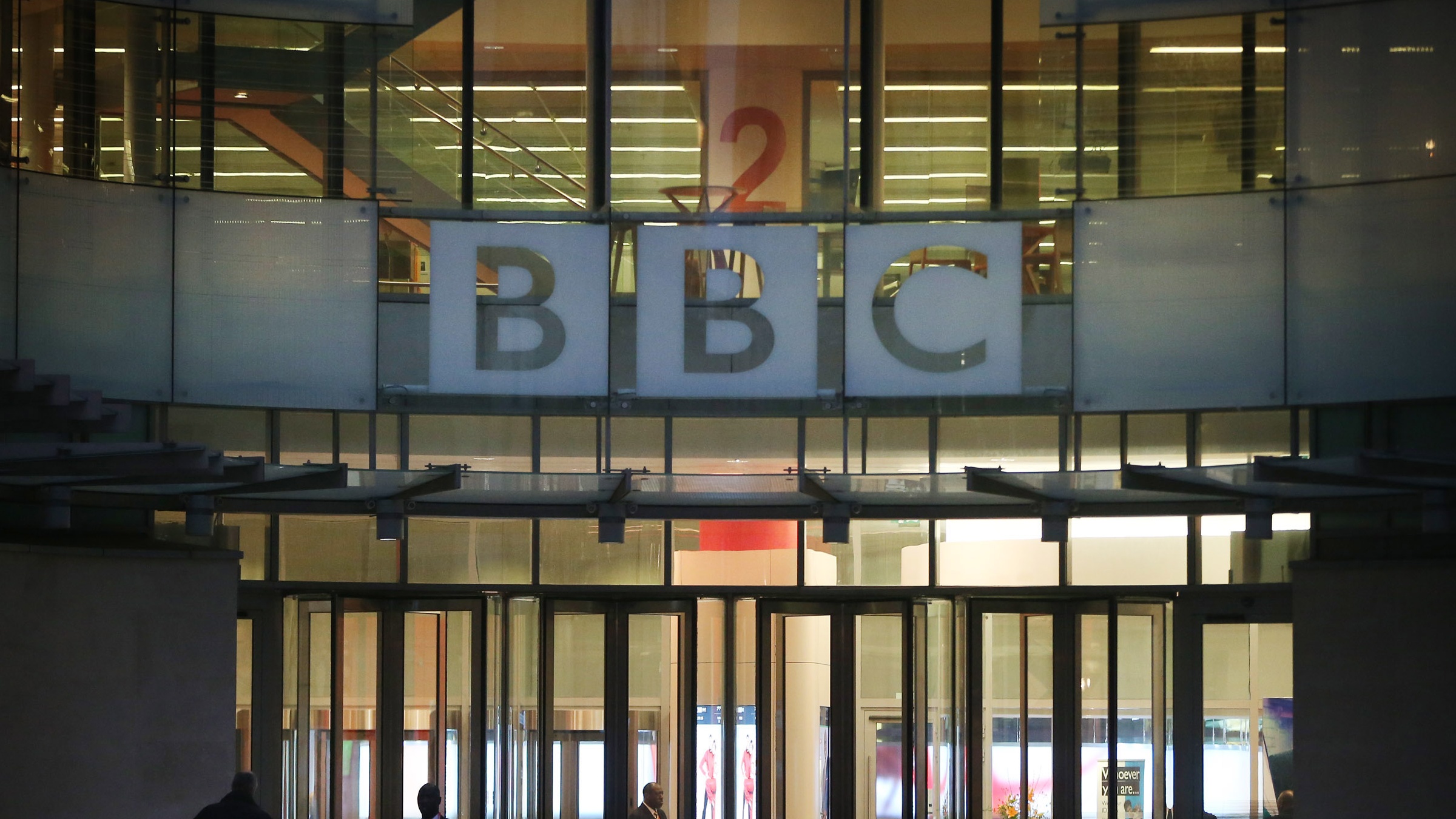
A free daily email with the biggest news stories of the day – and the best features from TheWeek.com
You are now subscribed
Your newsletter sign-up was successful
Calls to scrap the BBC licence fee have been gathering pace in recent years amid the rapid rise of streaming services and complaints from across the political spectrum over alleged bias.
Under the current funding model, the majority of the BBC’s income comes from the mandatory fee, although a “significant amount” is generated by its commercial operations, according to Full Fact.
In 2020, the BBC’s income was £4.943bn, of which £3.5bn came from the licence fee. More than £1.3bn came from BBC Studios, a commercial operation that “generates money by selling BBC content to international distributors”.
The Week
Escape your echo chamber. Get the facts behind the news, plus analysis from multiple perspectives.

Sign up for The Week's Free Newsletters
From our morning news briefing to a weekly Good News Newsletter, get the best of The Week delivered directly to your inbox.
From our morning news briefing to a weekly Good News Newsletter, get the best of The Week delivered directly to your inbox.
The latest
Cabinet divisions have broken out after Culture Secretary Nadine Dorries was forced to backtrack on a January announcement that the licence fee would be frozen for the next two years.
In an interview with The Spectator this week, Dorries reiterated that ministers are “looking very seriously about how we fund the BBC”, pledging that the government would “very soon announce” a “new way of funding” the national broadcaster.
Her comments coincided with the release of a government white paper that outlined the government’s “intention to explore alternatives to the licence fee”, The Telegraph reported.
“An increasing number of households are choosing not to hold a TV licence, as fewer people choose to watch live TV or other activities that require a licence,” the white paper said. “Should this trend continue as expected there are clear challenges on the horizon to the sustainability of the licence fee.”
A free daily email with the biggest news stories of the day – and the best features from TheWeek.com
But the culture secretary’s plans for the broadcaster could face pushback from her cabinet colleagues. Pensions minister Teresa Coffey, who is a former BBC journalist, has previously “led the charge” against her plans, the Daily Express said.
Chancellor Rishi Sunak and Foreign Secretary Liz Truss have also previously voiced concerns over a “lack of consultation” ahead of Dorries public statements, according to the i news site.
Voluntary subscription fee
The BBC could take its lead from the likes of streaming giant Netflix and transform itself into a voluntary subscription service, with users paying a monthly or annual fee to view BBC programming.
A subscription fee could end up being more costly for users than the current £159 TV licence, however, as “fewer people may opt in to pay the sum”, said Sky News. And the broadcaster could face major losses “if a significant proportion of households who currently have a BBC licence do not sign up to the subscription service”.
Another likely issue is that “some services – like the vast amount of local television and radio broadcast by the corporation – would be difficult to place behind what would effectively be a paywall”, the news site added.
Advertising
The days of interruption-free television could become a thing of the past if the BBC turns to advertising to fill a funding black hole.
Currently, no adverts air on the BBC’s domestic television channels and websites, although they do on international channels such as BBC World.
But while the broacaster could add in ad breaks like those on “fellow public service broadcasters ITV and Channel 4” , the move “could potentially make the BBC more inclined to consider programmes which draw in more viewers and subsequently reduce the diversity of its programming”, said Sky News.
Former BBC chair Michael Grade has dismissed the idea, telling BBC Radio Four that a move towards carrying adverts would “impoverish ITV, Channel Four, Channel Five, etc, etc”.
“The pot of advertising is not going to expand to meet the BBC’s needs,” he told the Today programme.
Government grants
Australia’s national broadcaster, the Australian Broadcasting Corporation, is funded primarily by an annual grant from the government.
Introducing a similar grant for the BBC would “cut out the need to collect a sum from each household in the UK and would instead involve the UK government directly giving the corporation a set amount of funding for the year”, said Sky News.
But it would also leave the broadcaster “at the mercy of the government of the day”, said The Guardian’s media editor Jim Waterson. And “there would also be questions about how to enshrine the BBC’s editorial independence if the broadcaster’s funding was decided alongside other spending commitments in the chancellor’s budget”.
Broadband levy
Another option would be for the BBC to introduce a broadband levy on every connection in the UK that would be used to fund public service media and journalism.
This move that would “modernise the current approach, whereby the licence fee is levied from a household’s television”, said Sky News.
But while relatively easy to enforce, with money collected through broadband providers, it could “bump up the price” of broadband for households, the site added.
Despite such fears, the BBC told the government in 2020 that it would be “open to exploring” the broadband levy option.
New tax
A new tax could be introduced on people’s incomes to fund public service media in the UK.
Sweden introduced such a tax for all working adults after abolishing the national licence fee in 2019. The Swedish fee amounts to 1% of taxable income for most earners and is capped at around 1,300 kronor (about £105).
The tax is paid into a dedicated funding pot for public service media, “which helps reduce the risk of government interference” and minimises problems around impartiality and editorial independence, said The Guardian’s Waterson.
If the UK were to adopt this model, it would mean “a new tax appearing on payslips next to income tax and national insurance contributions – something that could be politically challenging”, he added.
Abolish the BBC altogether
In a more American-style approach to public service media and journalism, the government could simply “let the free market take control and allow private companies to shape the nation’s media consumption”, said Waterson.
-
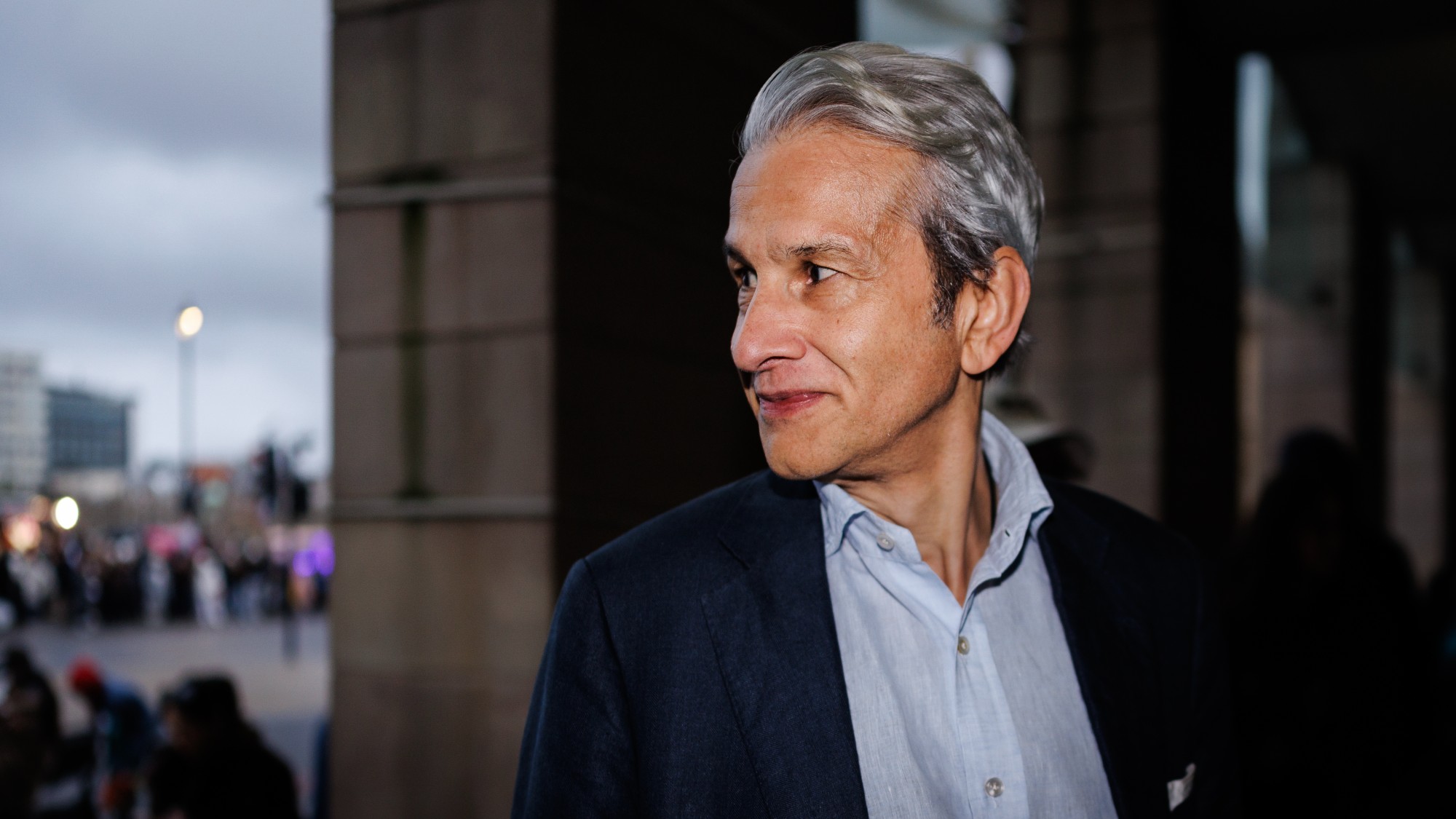 Can the BBC weather the impartiality storm?
Can the BBC weather the impartiality storm?Today's Big Question MPs’ questions failed to land any ‘killer blows’ to quell the ‘seismic outrage’ faced by the BBC
-
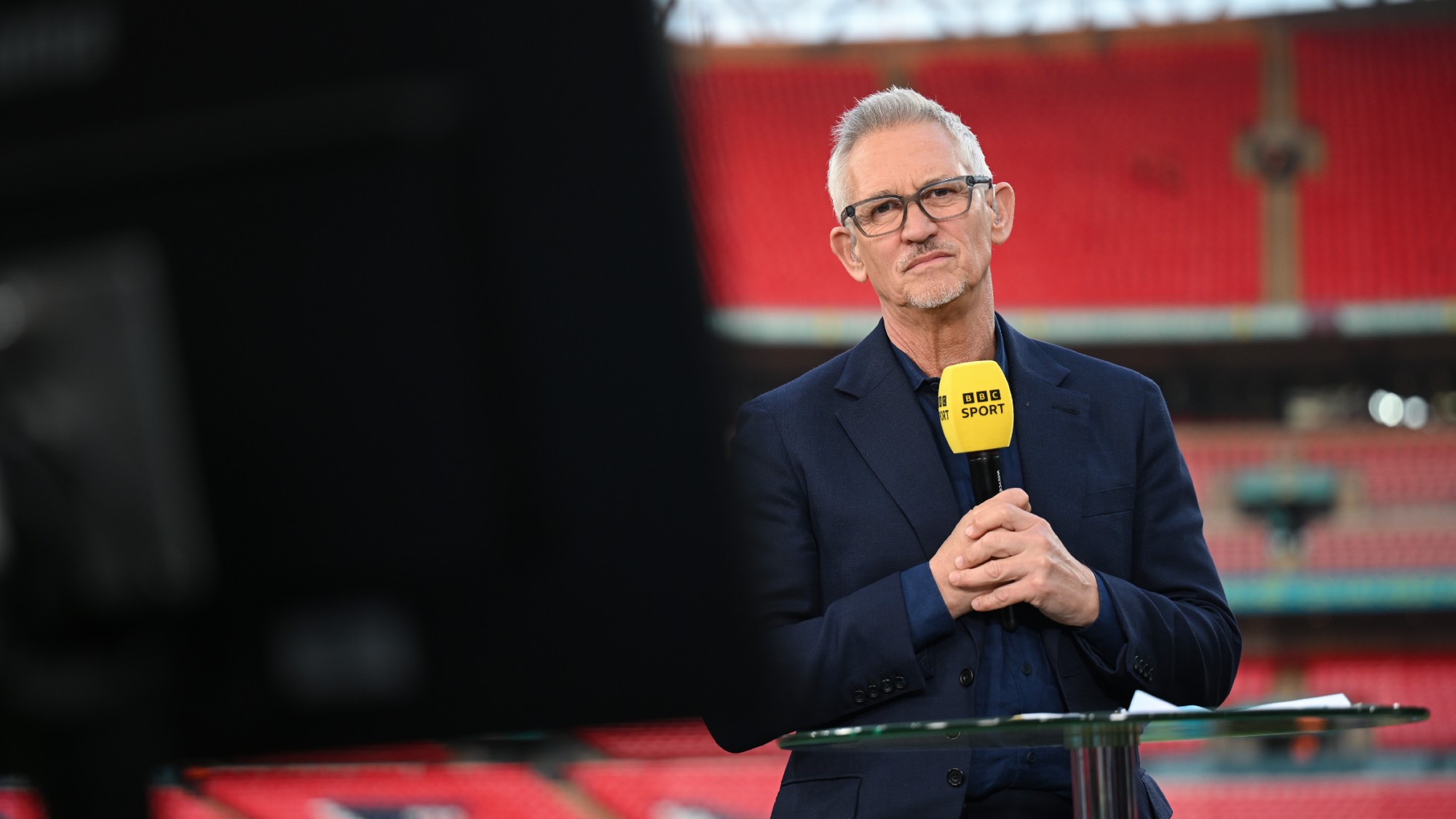 What are the impartiality rules for BBC presenters?
What are the impartiality rules for BBC presenters?The Explainer News presenters and hosts of 'flagship programmes' must adhere to tougher guidelines than other staff and freelancers
-
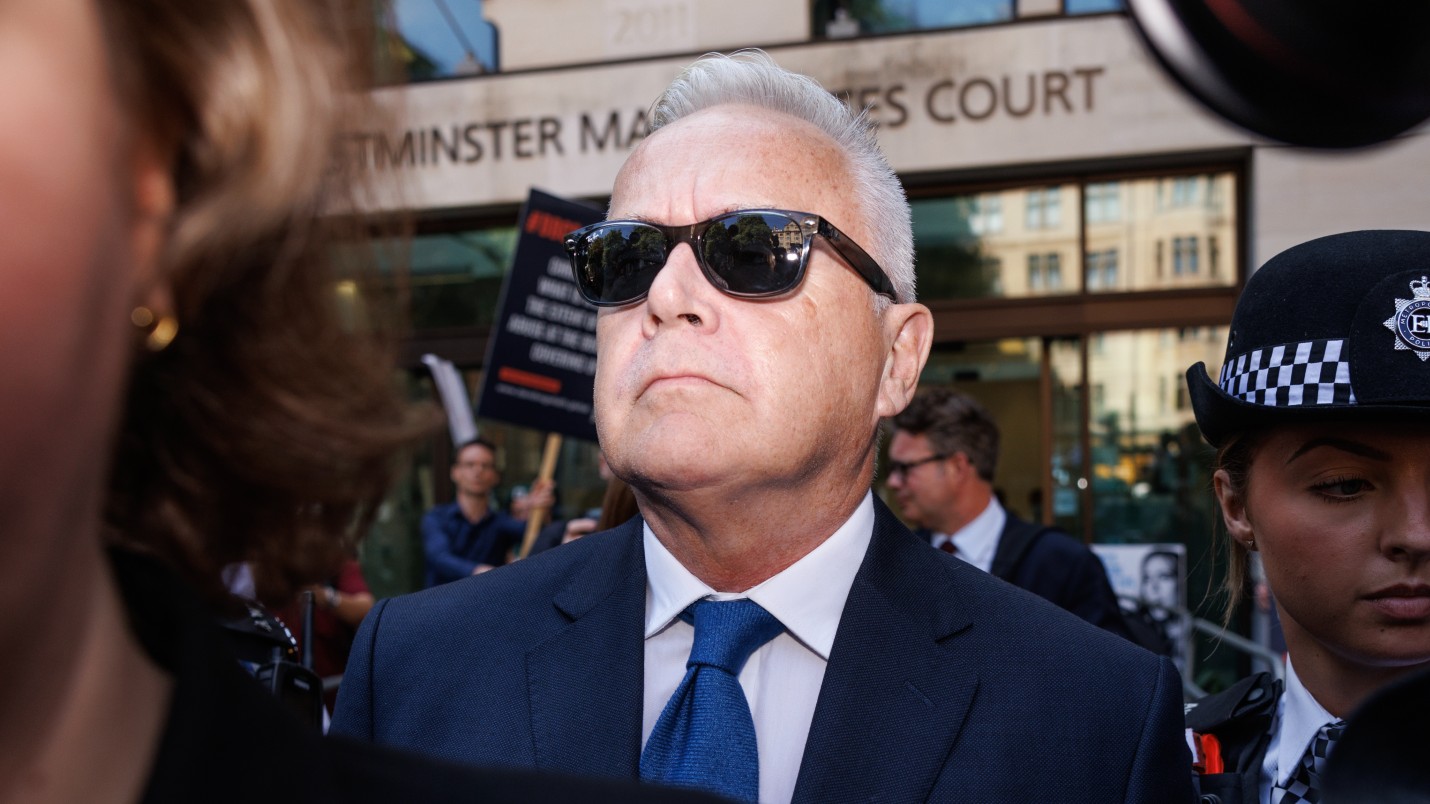 Huw Edwards: why is the BBC so scandal-prone?
Huw Edwards: why is the BBC so scandal-prone?In the Spotlight The national broadcaster has serious questions to answer
-
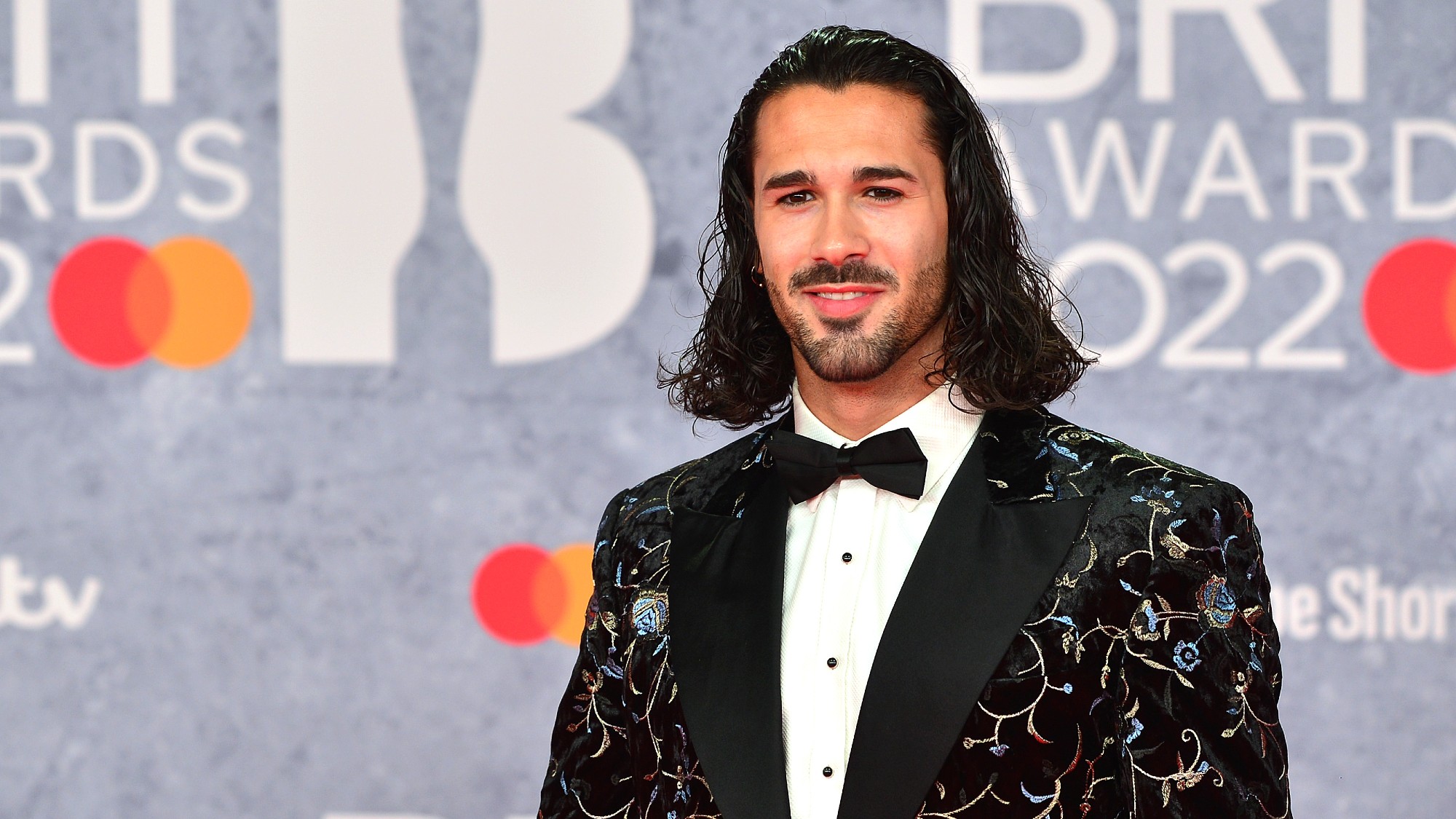 Strictly Come Dancing scandal timeline: what happened when
Strictly Come Dancing scandal timeline: what happened whenIn the Spotlight BBC director general addresses speculation over show's future and apologises to celebrity contestants who say they were mistreated
-
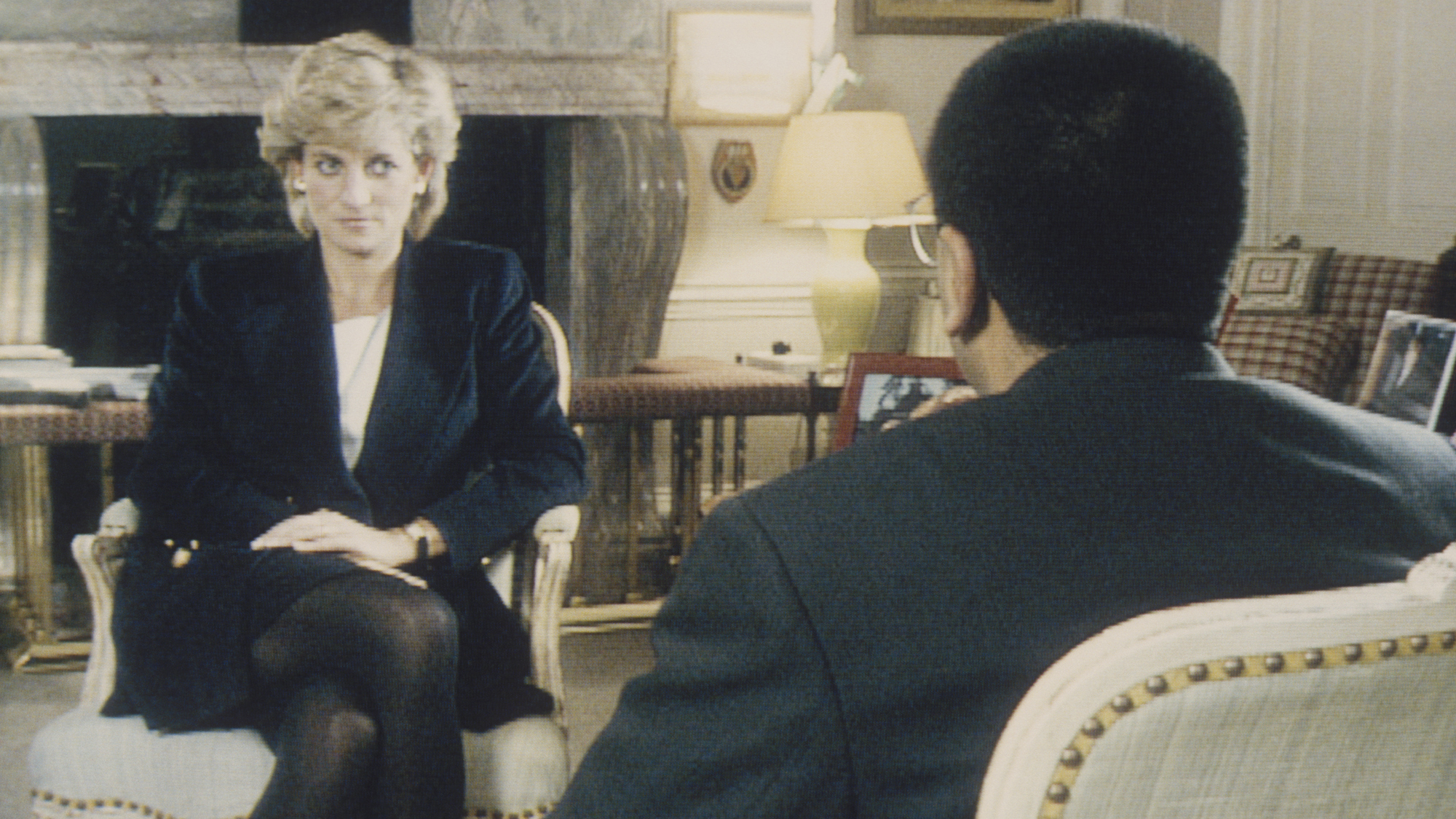 The Princess Diana interview and Martin Bashir's redacted dossier
The Princess Diana interview and Martin Bashir's redacted dossierIn the Spotlight The newly revealed documents show Bashir claimed jealousy and discrimination fuelled allegations against him
-
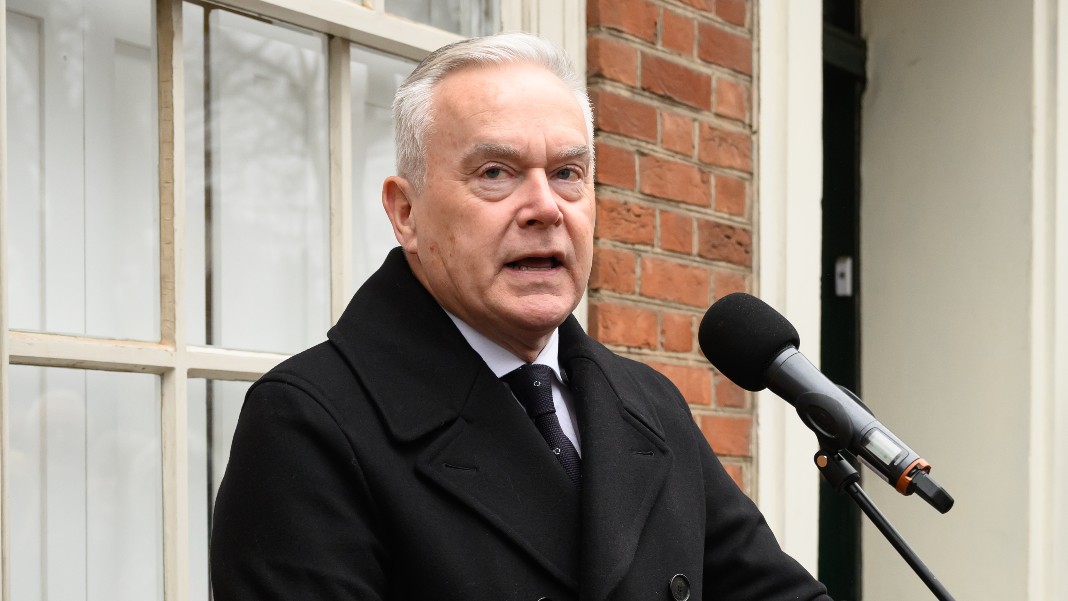 Huw Edwards and the question of ‘public interest’
Huw Edwards and the question of ‘public interest’Talking Point Privacy law ‘mess’ needs to be cleared up, not by judges, but by Parliament
-
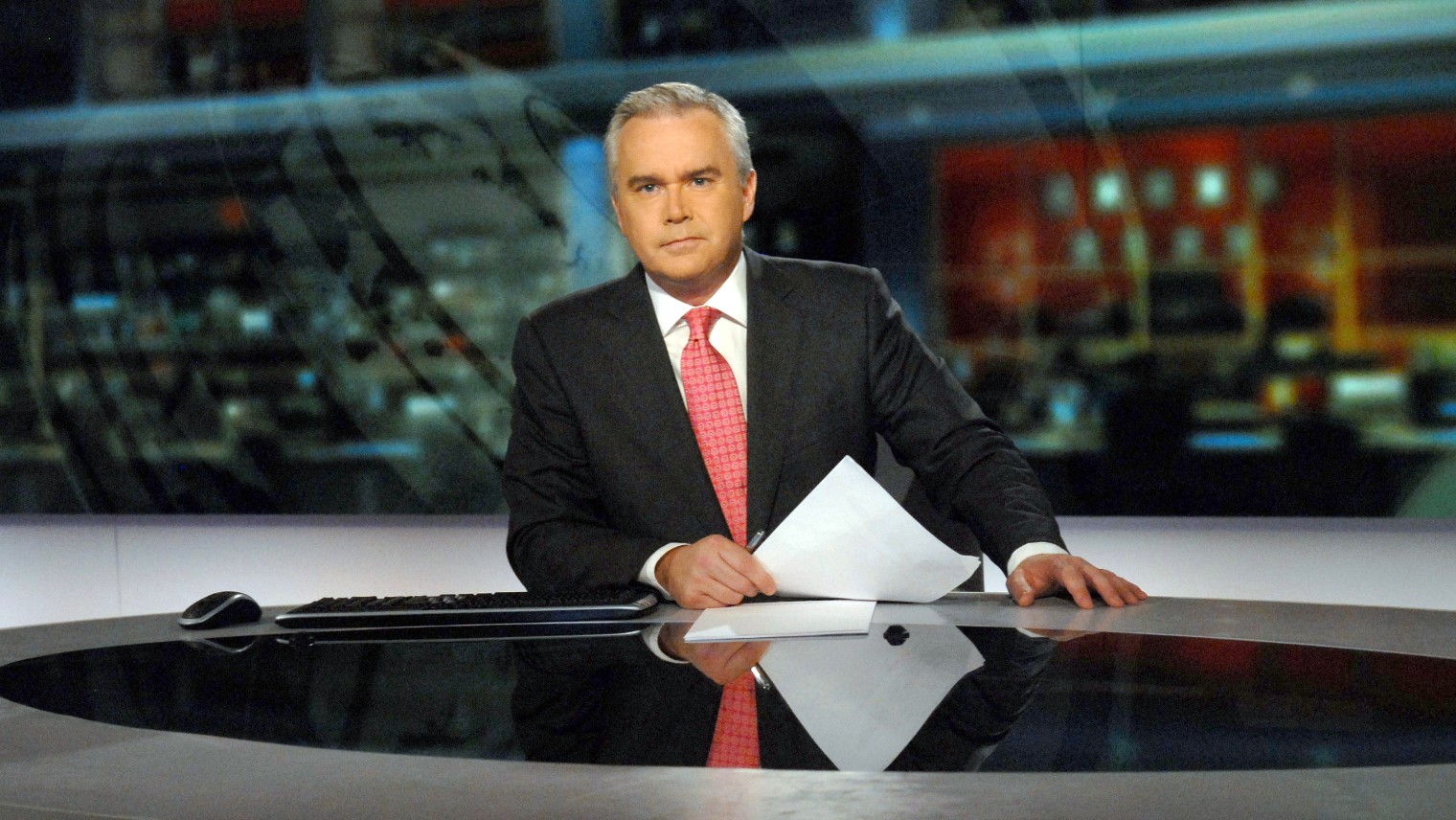 Huw Edwards named as presenter at centre of BBC crisis
Huw Edwards named as presenter at centre of BBC crisisIn Depth News reader’s wife, Vicky Flind, says he will remain in hospital for foreseeable future
-
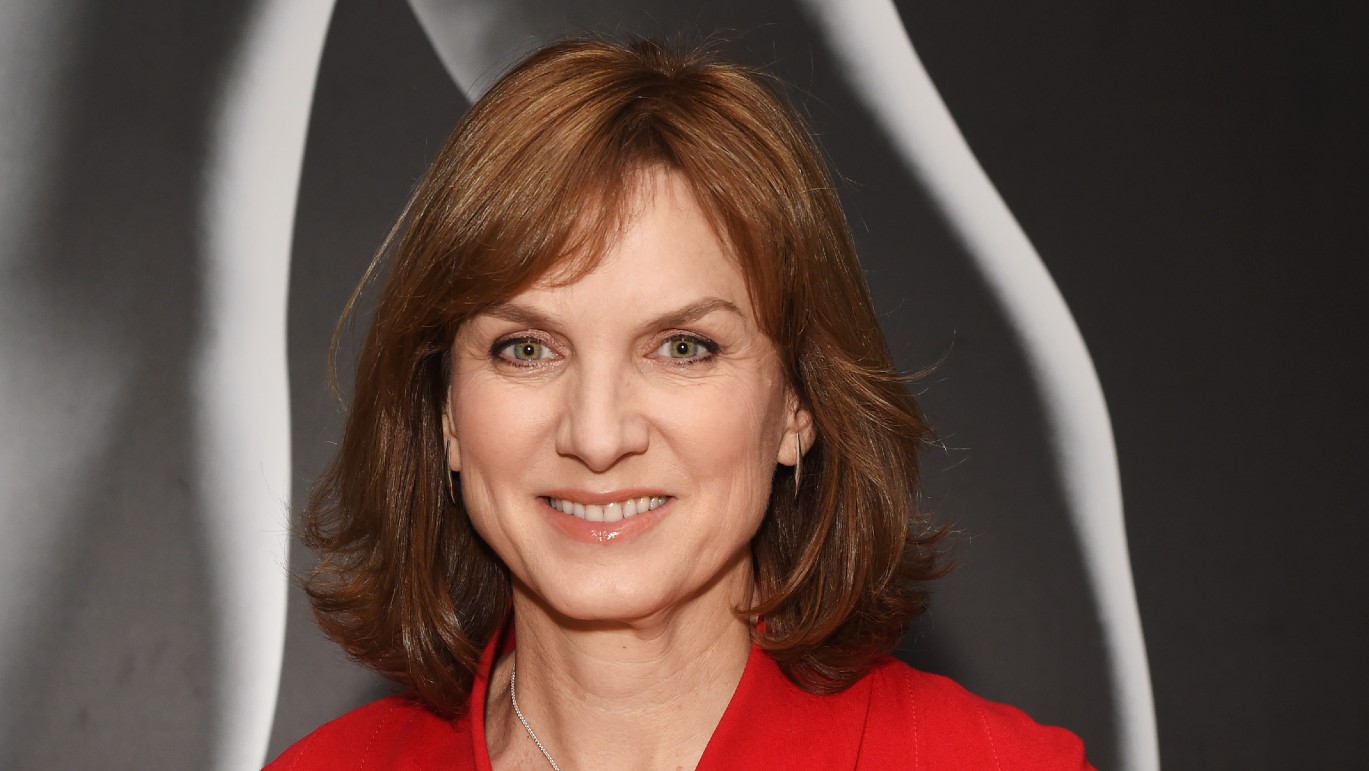 Fiona Bruce: has Question Time host been ‘hung out to dry’?
Fiona Bruce: has Question Time host been ‘hung out to dry’?In Depth Presenter accused of trivialising domestic abuse in debate about Stanley Johnson


